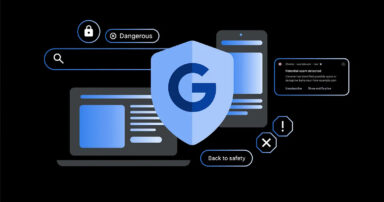AI Coding Agents: Revolutionizing Software Development?
AI is transforming how software is built. New agentic coding tools like OpenAI's Codex, Devin, SWE-Agent, and OpenHands promise to automate complex programming tasks using natural language commands.
From Autocomplete to Autonomous Coding
Existing AI coding assistants, such as GitHub Copilot and Cursor, function as advanced autocomplete tools within development environments. However, agentic coding tools aim to operate independently, allowing developers to assign tasks and receive completed code without direct interaction.
This shift represents a significant leap in automation, potentially streamlining software development workflows. Imagine assigning tasks through platforms like Asana or Slack and letting the AI handle the coding.
The Challenges of Agentic Coding
While promising, agentic coding faces hurdles. Early tools like Devin have drawn criticism for generating errors, requiring significant oversight. Even proponents acknowledge the need for human review.
Right now, and for the foreseeable future, a human has to step in at code review time to look at the code that’s been written. I’ve seen several people work themselves into a mess by just auto-approving every bit of code that the agent writes. It gets out of hand fast.
- Robert Brennan, CEO of All Hands AI
Hallucinations, where the AI fabricates information, also pose a challenge. Addressing these reliability issues is crucial for wider adoption.
Measuring Progress and Future Potential
The SWE-Bench leaderboards offer a benchmark for agentic coding progress. OpenHands currently leads with a 65.8% success rate on a set of GitHub issues. OpenAI claims Codex-1 achieves 72.1%, though this remains unverified.
Even high benchmark scores don't guarantee truly hands-off coding. If agents can only solve three out of four problems, considerable human oversight is still required, especially for complex projects.
The hope is that advancements in foundation models will steadily improve reliability, making agentic coding a trusted tool for developers. The key question remains: how much trust can we place in these agents to reduce developer workload?
The future of software development may involve a collaborative partnership between humans and AI coding agents.







